WEF seeks to rewire global leadership
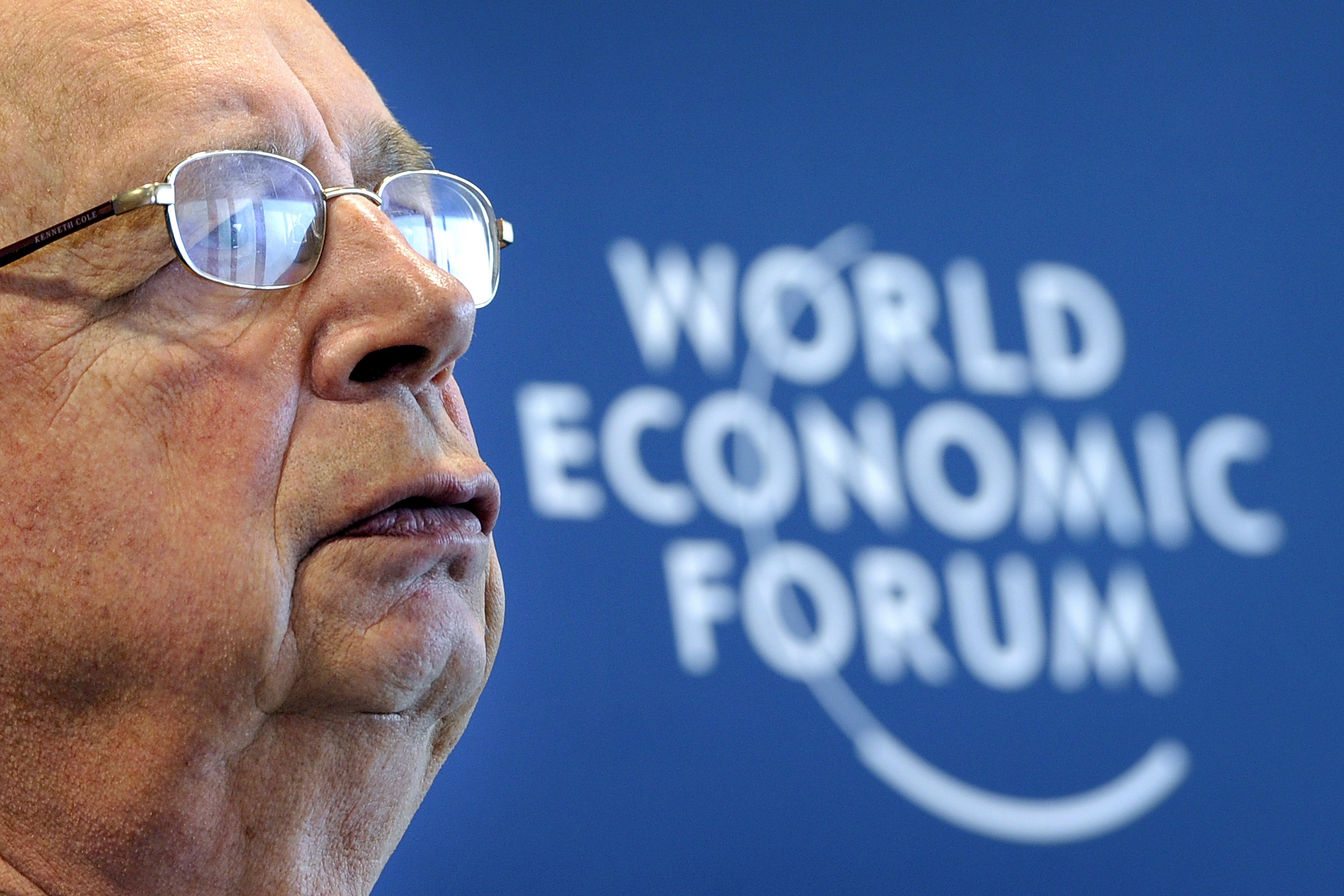
The World Economic Forum’s (WEF) flagship meeting in Davos will this year attempt to close widening gaps between world leaders and different sections of society.
The 2012 meeting will be held against the backdrop of the European sovereign debt crisis, continued social unrest in various places in the world and the danger of emerging economies expanding so fast that they overheat.
WEF founder and chairman Klaus Schwab told the media on Wednesday that established systems of governance and business are in urgent need of a radical overhaul.
“Capitalism, in its current form, no longer fits the world around us,” Schwab said. “We have failed to learn the lessons from the financial crisis of 2009. A global transformation is urgently needed and it must start with reinstating a global sense of social responsibility.”
“We are looking desperately around the world for people who can offer solutions,” he added. “We are in danger of losing the confidence of future generations.”
Fresh warnings
Leading actors from the worlds of business, politics, civil society, religion, academia and science will take to the stage in Davos from January 25 to 29 under the banner: The Great Transformation – Shaping New Models.
They will be grappling with such problems as saving the euro, reducing state debt without damaging future growth, finding work for an expanding global population and managing the relentless rise of emerging economies such as China.
The issues are already well known to the world’s leaders. Ratings agencies created a stir earlier this month by downgrading a number of European countries that are battling high debts and low growth.
The World Bank on Wednesday issued a warning to developing economies to brace themselves for a sharp downturn if the European debt crisis gets much worse.
“The global economy is entering a new phase of uncertainty and danger,” said World Bank chief economist Justin Yifu Lin. “The risks of a global freezing up of capital markets as well as a global crisis similar to what happened in September 2008 are real.”
“Developing countries need to evaluate their vulnerabilities and prepare for further shocks while there is still time.”
Civil unrest
Last year’s “Arab Spring” revolution in North Africa is still being played out in Syria while social unrest is bubbling under the surface in many parts of Europe that are experiencing high rates of unemployment.
Added to the mix of uncertainties this year are presidential elections in the United States, France and Russia.
The world is also facing a series of other potential crises, according the WEF’s annual risk report. These range from a volcanic winter to large scale cyber-attacks that could cripple companies or even governments.
But although the problems are well known, Schwab believes the established leadership models are not up to the job of guiding the world out of its current mess.
“Many people have lost trust in leadership and increasingly perceive life primarily in terms of hardship. The question is: what can we do and what should we do,” said Schwab at the media conference held in WEF’s headquarters near to Geneva on Wednesday.
A new system of leadership would share more power, encourage greater religious tolerance and create more sustainable jobs while removing income inequality, according to Schwab.
Protestors confined
Whether the world leaders agree with this prognosis or not, many will be gathering in Davos this year in an attempt to find common ground to solving shared problems.
German Chancellor Angela Merkel has been given top billing in a star-studded cast of global movers and shakers at Wef’s 42nd Davos annual meeting.
She will be joined by other global dignitaries as US Treasury Secretary Tim Geithner, International Monetary Fund managing director Christine Lagarde, United Nations Secretary-General Ban Ki-Moon, 40 heads of state, 18 central bankers and six Swiss government ministers.
They will be met by 1,600 business leaders who have paid for the privilege of rubbing shoulders with policy makers inside the forum’s conference centre.
But protestors will also be waiting outside the hallowed walls as the Occupy movement reaches Davos. Anti-capitalism activists have built their own accommodation from which to demonstrate this year – an igloo camp.
Demonstrators have been banned from marching through Davos, but must confine their protests to the area around the town’s council building.
The World Economic Forum started life as the European Management Forum in 1971.
Formed by German-born businessman Professor Klaus Schwab, it was designed to connect European business leaders to their counterparts in the United States to find ways of boosting connections and solving problems.
It is a non-profit organisation with headquarters in Geneva and is funded by the varying subscription fees of its members.
The forum took its current name in 1987 as it broadened its horizons to provide a platform for finding solutions to international disputes. WEF claims to have helped calm disputes between Turkey and Greece, North and South Korea, East and West Germany and in South Africa during the apartheid regime.
WEF conducts detailed global and country specific reports and conducts other research for its members. It also hosts a number of annual meetings – the flagship being Davos at the beginning of each year.
In 2002, this meeting was moved to New York for a one-off change of venue to support the city following the 9/11 terrorist attacks of the previous year.
Davos has attracted a number of big names in the world of business, academia, politics and show business. These include: Nelson Mandela, Bill Clinton, Tony Blair, Bono, Angela Merkel, Bill Gates and Sharon Stone.
As the forum grew in size and status in the 1990s, it attracted rising criticism from anti-globalisation groups, complaining of elitism and self-interest among participants.

In compliance with the JTI standards
More: SWI swissinfo.ch certified by the Journalism Trust Initiative

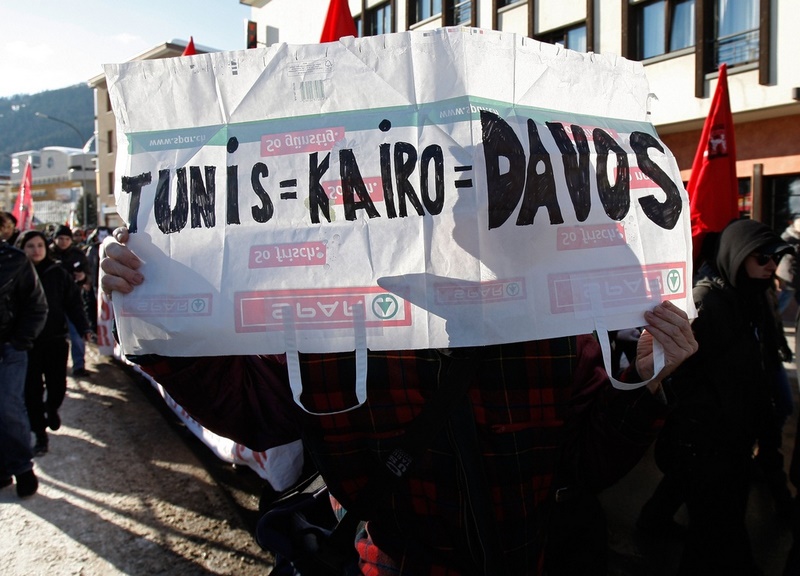
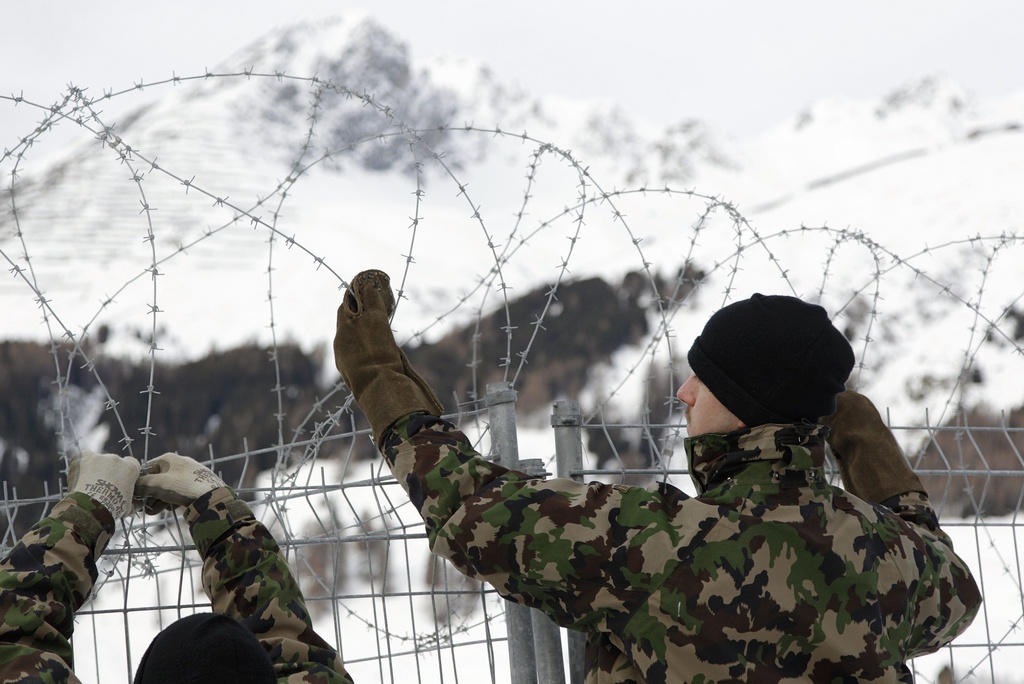
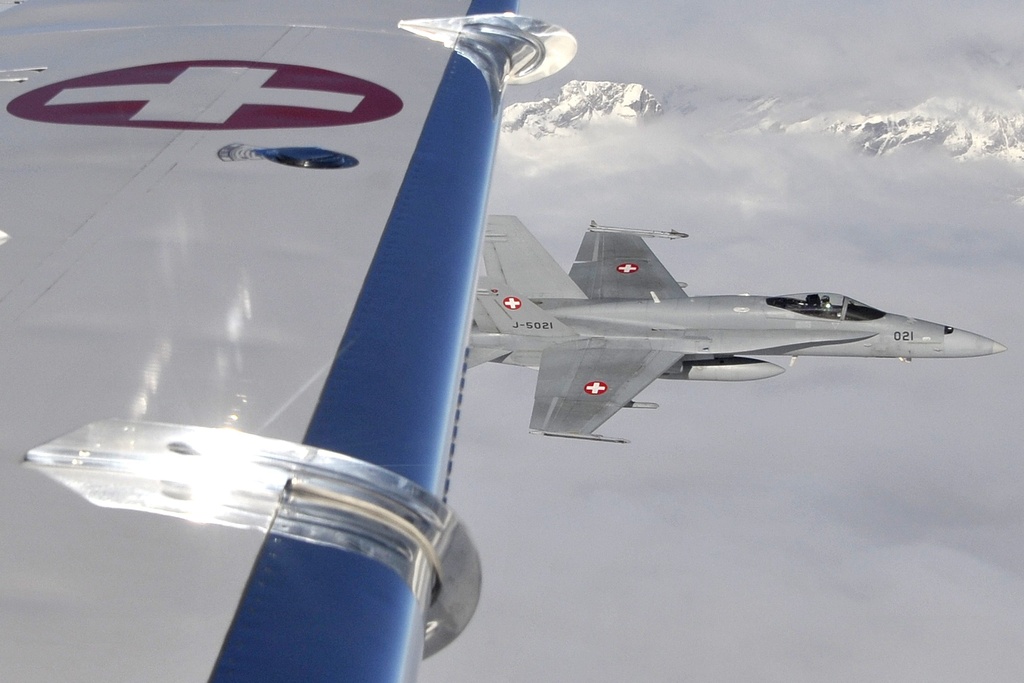
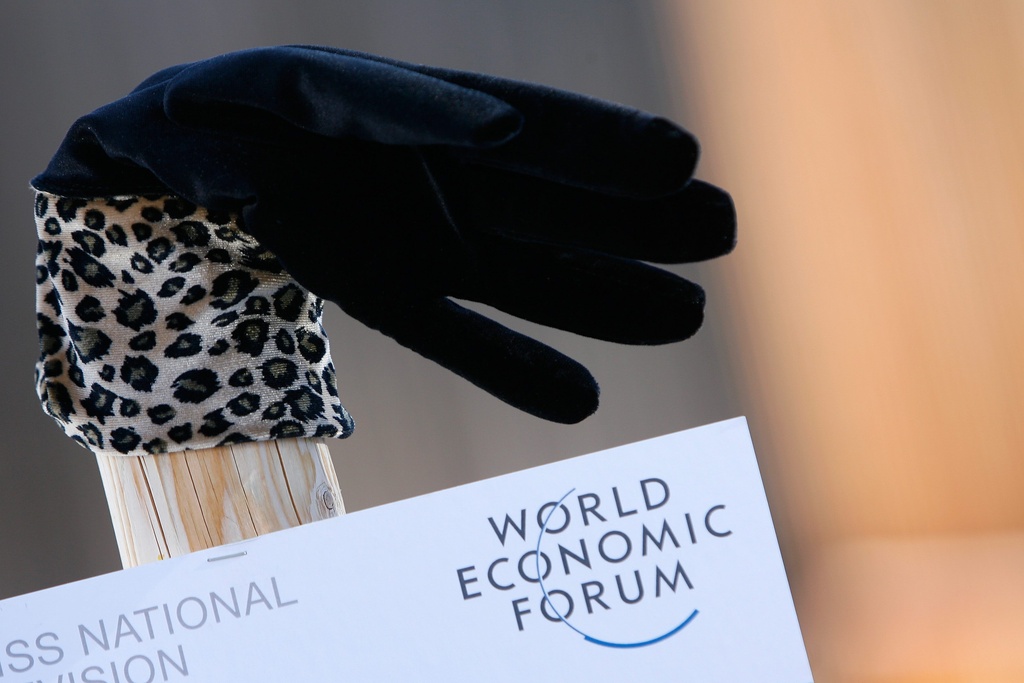
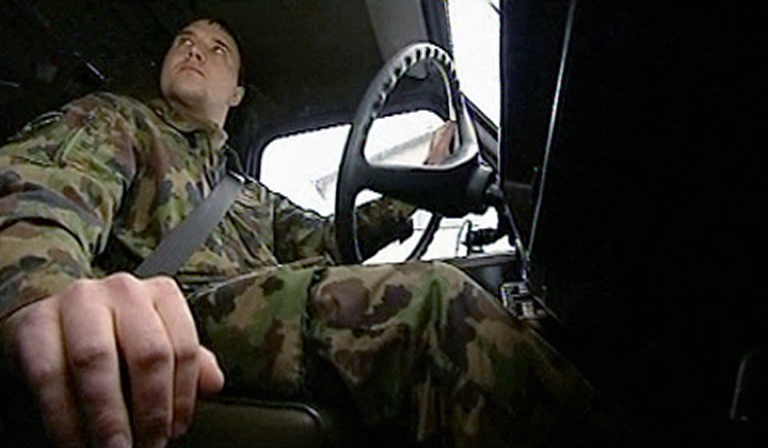
You can find an overview of ongoing debates with our journalists here. Please join us!
If you want to start a conversation about a topic raised in this article or want to report factual errors, email us at english@swissinfo.ch.